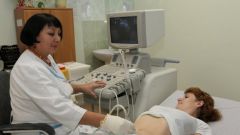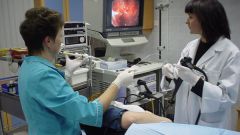You will need
- - anti-inflammatory drugs
- - antibiotics and antifungal drugs
- - painkillers
- inhibitors of TNF
Instruction
1
If you notice such symptoms as diarrhea (or difficulty with bowel movements), pain, and spasmodic sensation in the stomach, white coating on tongue, fever, loss of appetite, the first thing you should do is to consult a specialist who will prescribe to pass the required tests (stool, blood, in some cases, endo– and roengenoscopy) and make a diagnosis, depending on which will prescribe necessary drugs:
- anti-inflammatory drugs (aminosalicylates, steroids) – for the control and suppression of the inflammatory process;
- antibiotics and antifungals – to protect the body from infection and destruction of pathogenic bacteria;
- painkillers – for relief from the discomfort and pain;
inhibitors of TNF (in the case of an overactive immune system).
- anti-inflammatory drugs (aminosalicylates, steroids) – for the control and suppression of the inflammatory process;
- antibiotics and antifungals – to protect the body from infection and destruction of pathogenic bacteria;
- painkillers – for relief from the discomfort and pain;
inhibitors of TNF (in the case of an overactive immune system).
2
In the treatment of inflammatory bowel disease should follow a phased approach. Primarily prescribe medicines with the least side effects, not to harm the intestinal mucosa even more. However, if they do not facilitate the patient's condition, then resort to more aggressive means. To treat intestinal inflammation should not, in order to avoid irreparable consequences.
3
You need to adjust your diet, removing milk and foods that contain fiber, simultaneously enriching his dietary supplements containing magnesium, vitamins C and E and glutamine.
4
To effectively treat inflammation of the intestine, you should make changes in lifestyle. It's possible to give up Smoking and alcohol, maintain the body's necessary balance of fluid, to engage in adequate physical activity. In the case of the tendency to depression is to take antidepressants.




